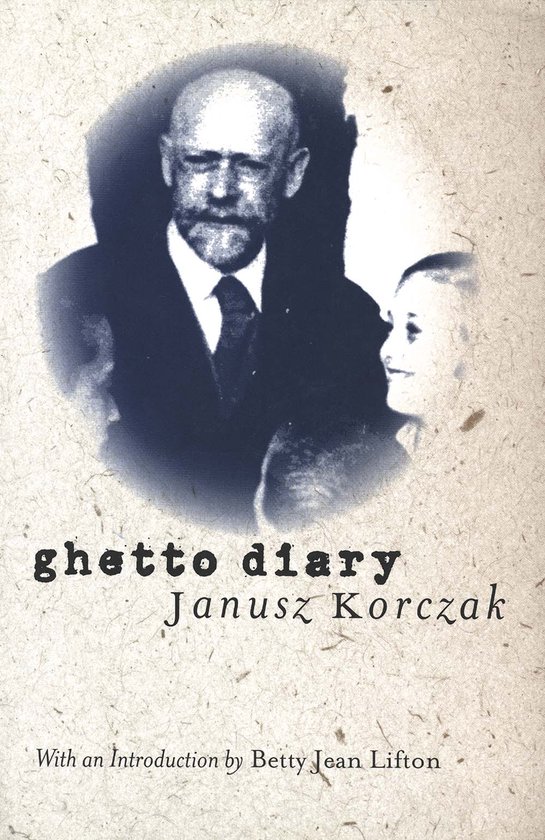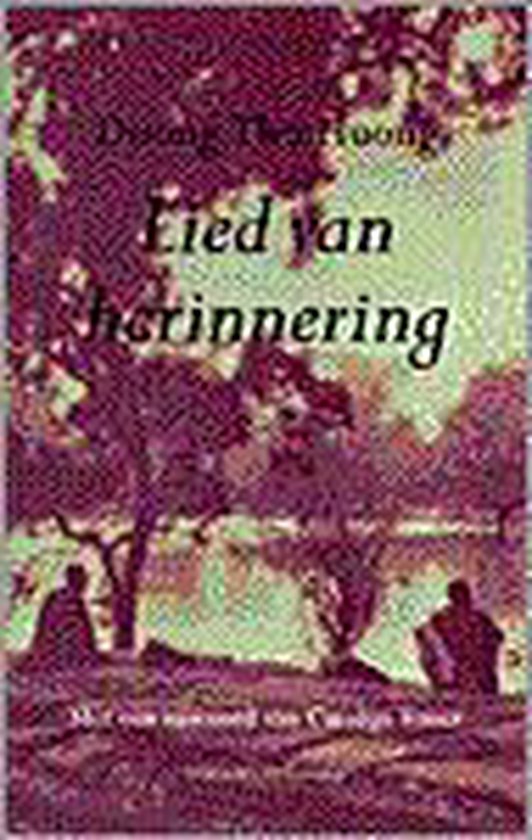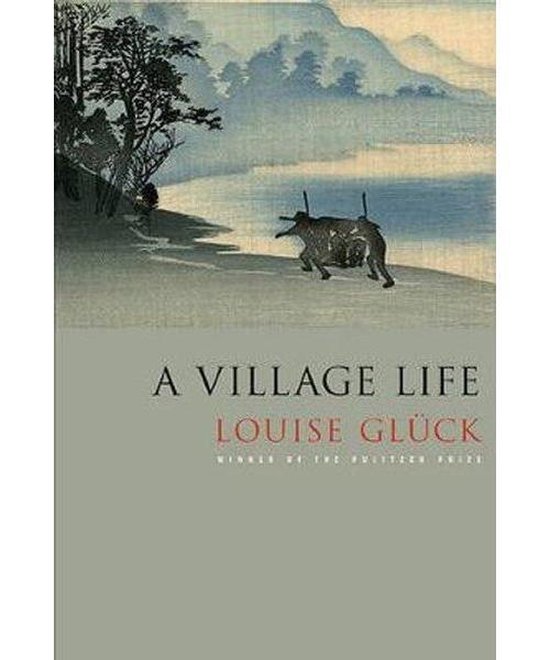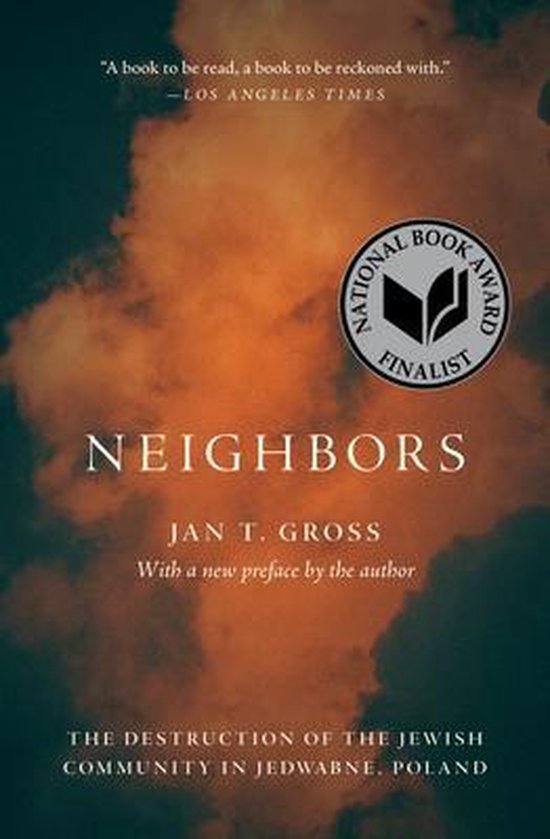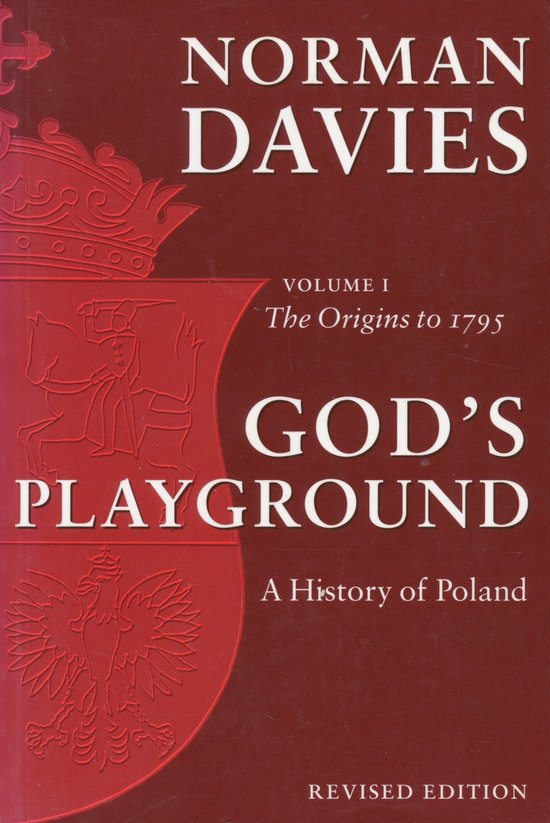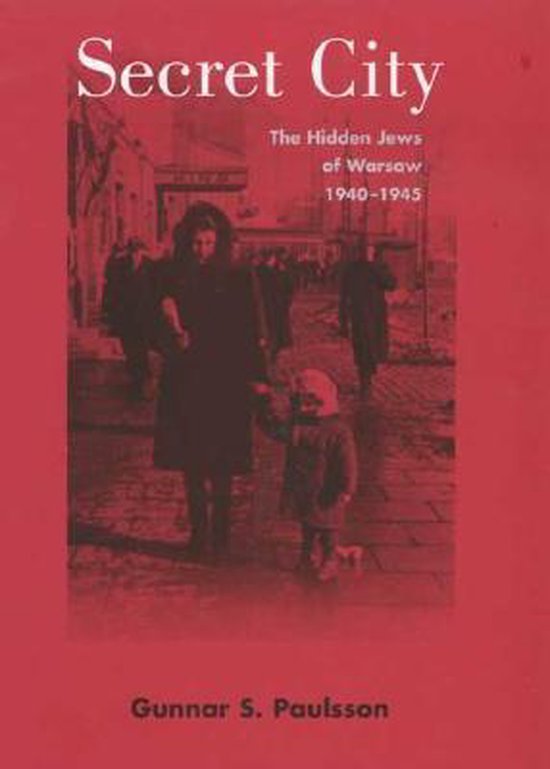
Secret City
When the Nazis forced most of Warsaw's Jews into the city's infamous ghetto during the Second World War, some 28,000 Jews either hid and never entered the Warsaw Ghetto, or escaped from it later in what Gunnar S. Paulsson calls 'the greatest prison-break in history'. This book - the first detailed treatment of Jewish escape and hiding during the Holocaust - tells the story of these hidden Jews of Warsaw. Using memoirs, diaries, testimonies and the records of Jewish and Polish organizations that helped the fugitives, Paulsson shows that after the 1942 deportations nearly a quarter of the ghetto's remaining Jews managed to escape and, despite appalling difficulties and dangers, more than 11,000 of them lived to see the end of the war. Connected by elaborate networks of which Poles, Germans and the Jews themselves were largely unaware, they formed what can aptly be called a secret city. Paulsson challenges many established assumptions. He shows that, despite the social gulf that separated Jews and Poles, enough private contacts existed to make escape on a large scale possible, without much help from the Polish or Jewish underground; that the much-reviled German, Polish and Jewish policemen, as well as Jewish converts and their families, were key in helping Jews escape; and that many more Poles helped than harmed the Jews, though most stayed neutral and often expressed antisemitic sentiments. He argues that the Jewish leadership was wrong to dismiss the possibility of escape, staking everything on a hopeless uprising. Paulsson's engrossing book offers a new perspective on Holocaust history. 'For many of us in this field it is difficult to imagine something new: the main lines of our understanding were sketched by some often formidable authors, many of whom lived through these terrible events. Paulsson manages to break new ground, however, with an intelligent, fresh, and independent-minded analysis.' Michael Marrus, Professor of Holocaust Studies, Toronto University 'the best, most complete examination we have to date of the texture of hiding and rescue in Nazi-occupied Warsaw - or anywhere in Nazi-occupied Europe' Lawrence Powell, Professor of History, Tulane University 'an important, formidable - and bound-to-be controversial - book' Berel Lang, Trinity College, Hartford Co-winner of the 1998 Fraenkel Prize in Contemporary History Gunnar S. Paulsson has been the senior historian of the Holocaust Exhibition Project Office at the Imperial War Museum, London; Koerner visiting fellow and lecturer at the Oxford Centre for Hebrew & Jewish Studies; and Pearl Resnick fellow at the Center for Advanced Holocaust Studies at the US Holocaust Memorial Museum. He is the son of a Holocaust survivor.
| Auteur | | Gunnar S. Paulsson |
| Taal | | Engels |
| Type | | Hardcover |
| Categorie | | Mens & Maatschappij |
